Meanwhile significant numbers of the M1903A4 rifles were stockpiled for the upcoming invasion of France.
Unfortunately, that would not be the arc of the M1903A4s history.
While most purpose-built sniper rifles are highly refined precision instruments, the 03A4 seems rather crude by comparison.
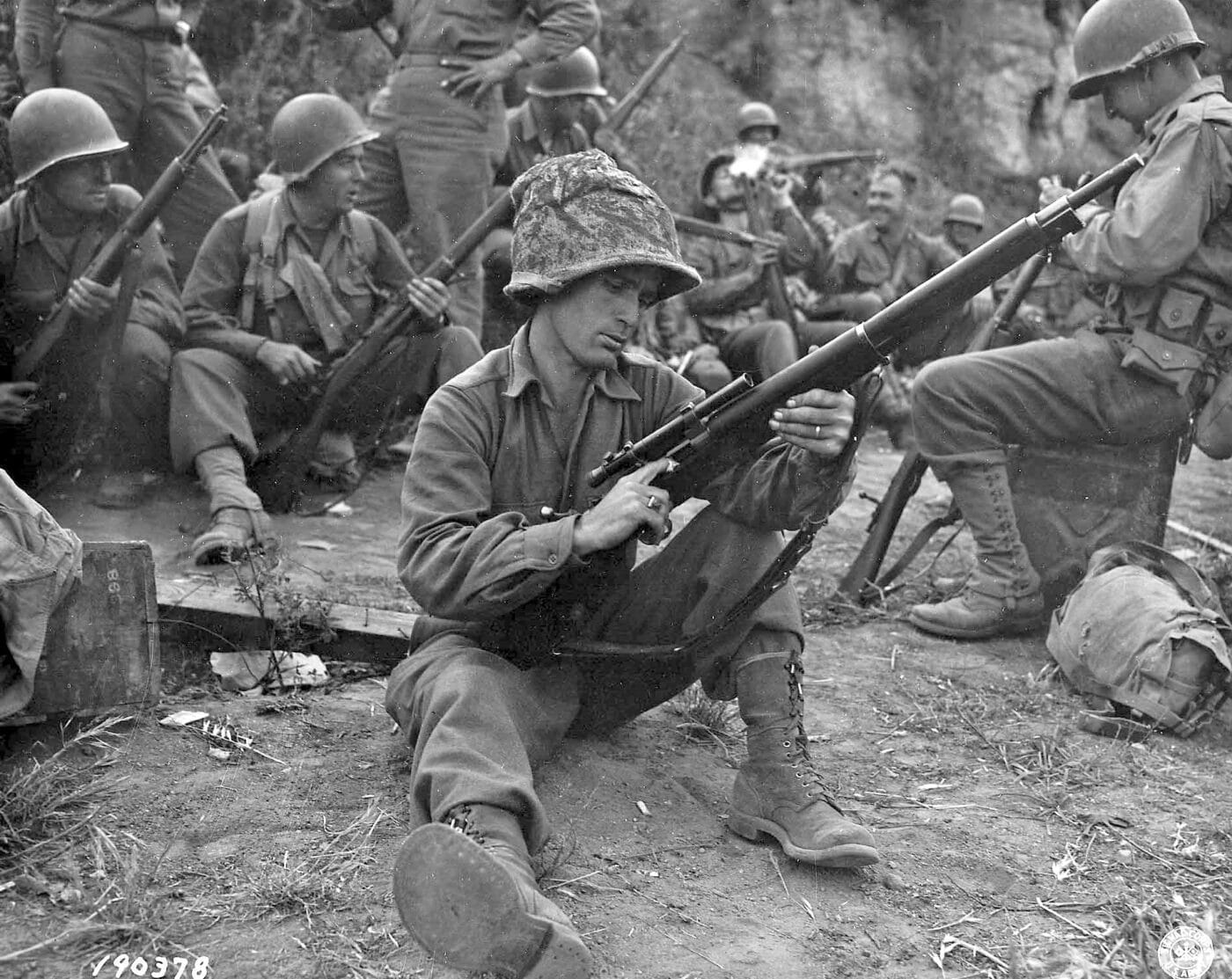
A M1903A4-equipped sniper of the 36th Infantry Division near Valletri, Italy during May 1944. Image: NARA
In this perhaps it did a little better than an 03, not quite so well as a Garand.
The M1903 sniper rifle, WWII version, was a substitute measureand a poor one at that.
Special ammunition was neither needed nor provided for the M1903A4.
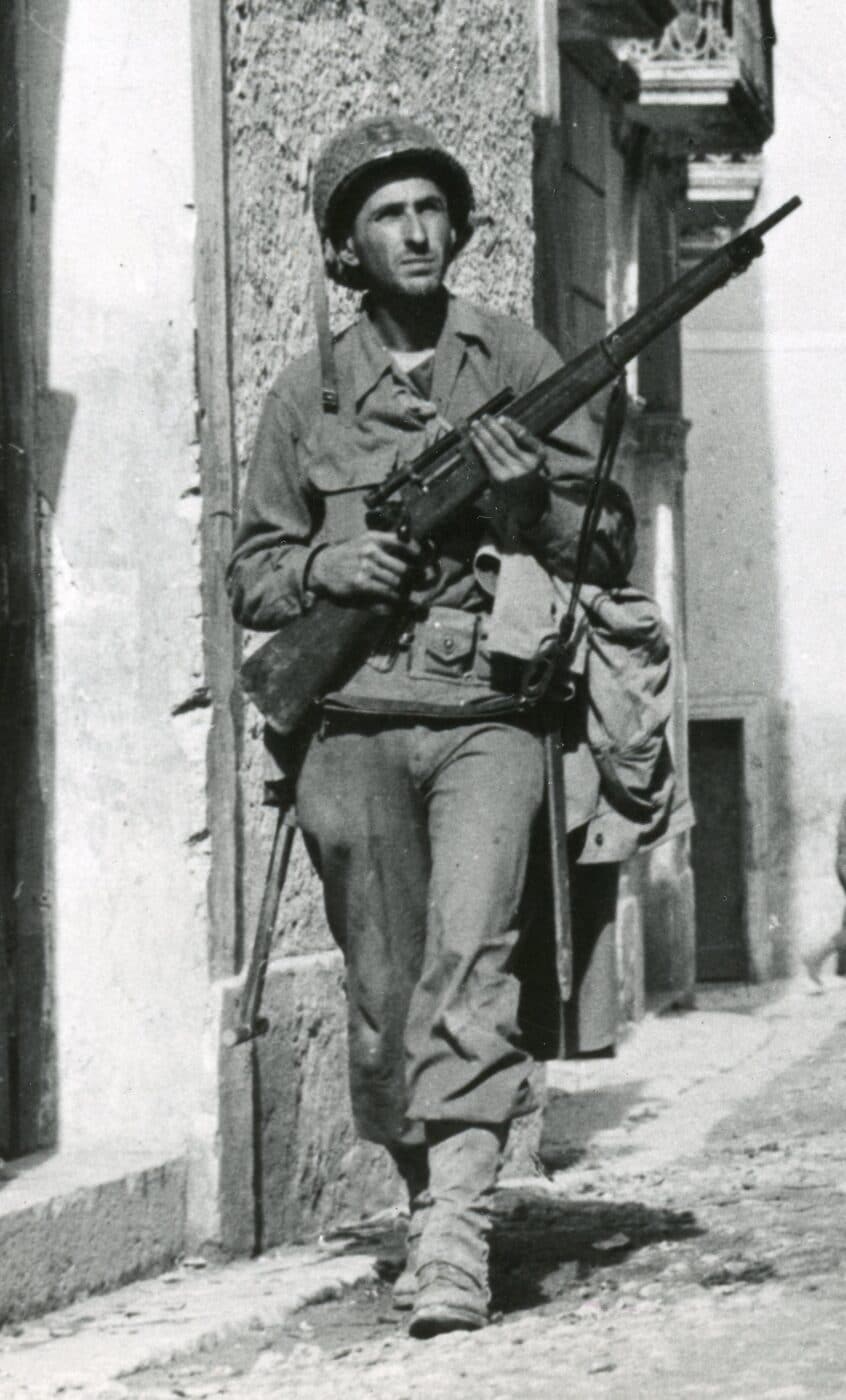
A U.S. Army sniper of the 34th Infantry Division in Italy during late 1943 in World War II. Image: NARA
The ordinary M-2 would shoot well enough for most sniping purposes.
The Weaver scope offered very poor performance in low-light conditions, and was prone to fogging.
Without the scope, the M1903A4 was completely sightless, as no iron sights were fitted.
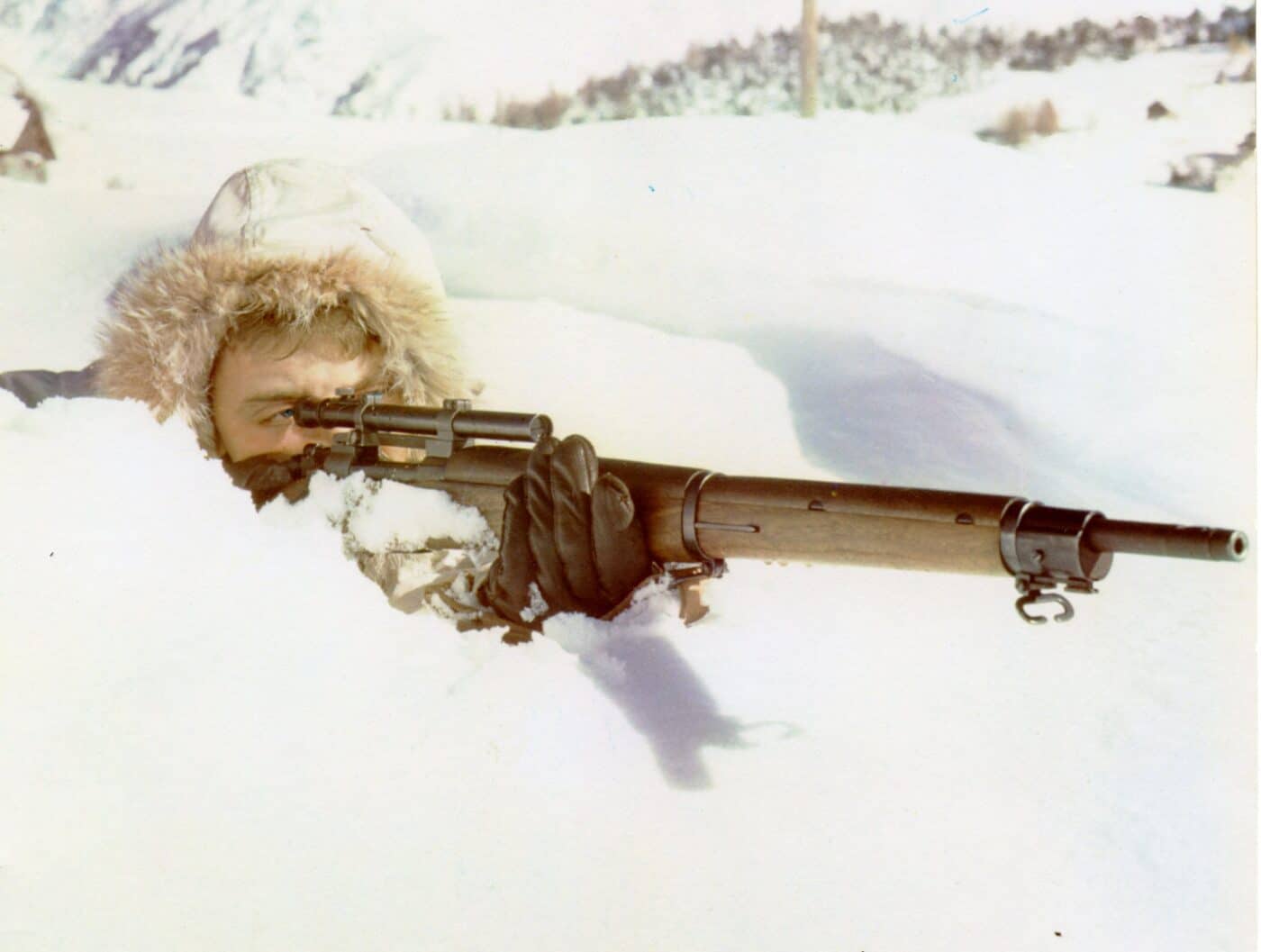
The M903A4 sniper rifle in the French Alps during December 1944. Image: NARA
A little more than 28,000 M1903A4s were produced, all of them at Remington Arms.
Production wrapped up in the summer of 1944 in anticipation of the new M1C snipers rifle.
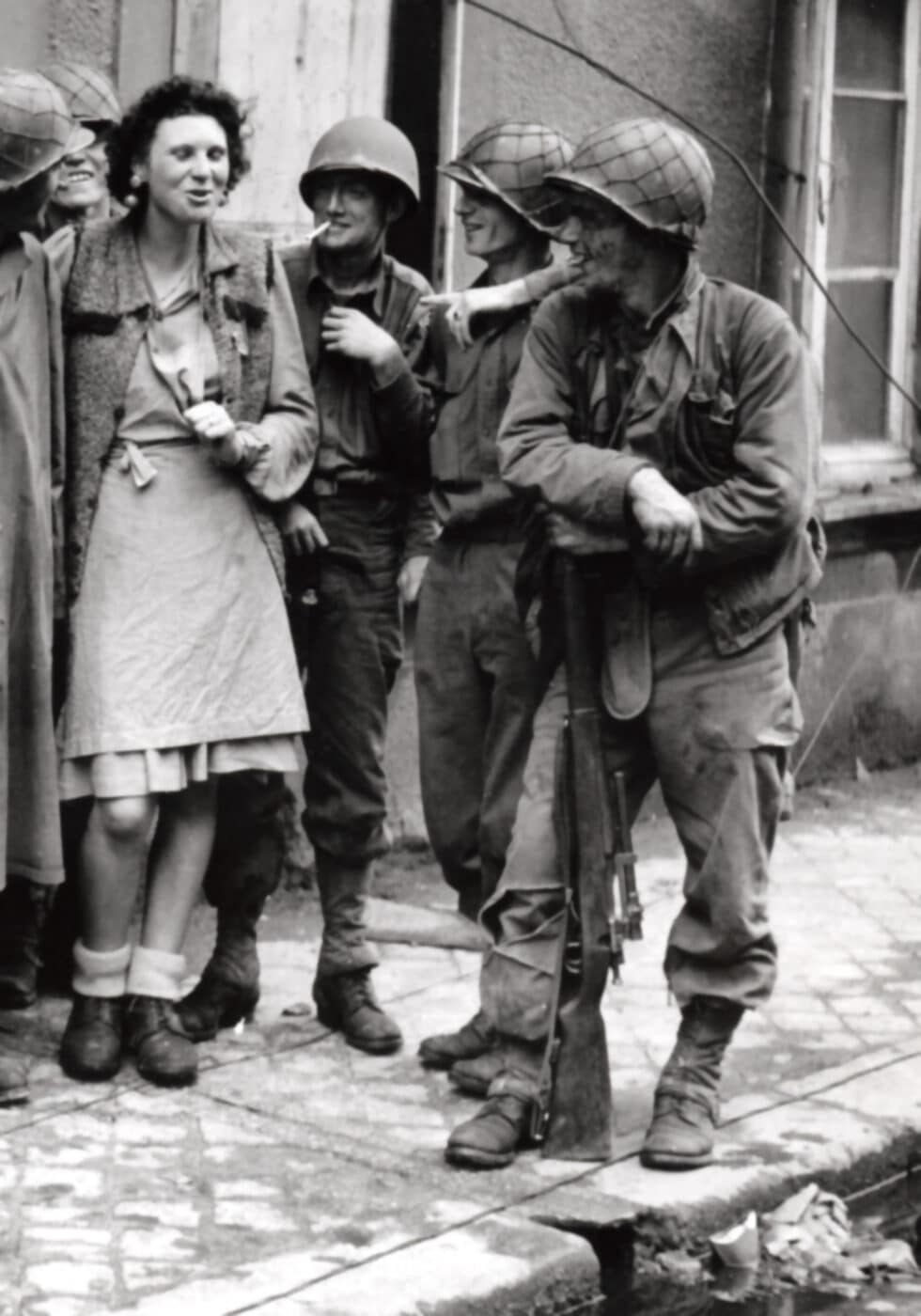
A M1903A4 with the 79th Infantry Division of the U.A. Army in Cherbourg, late June 1944. Image: NARA
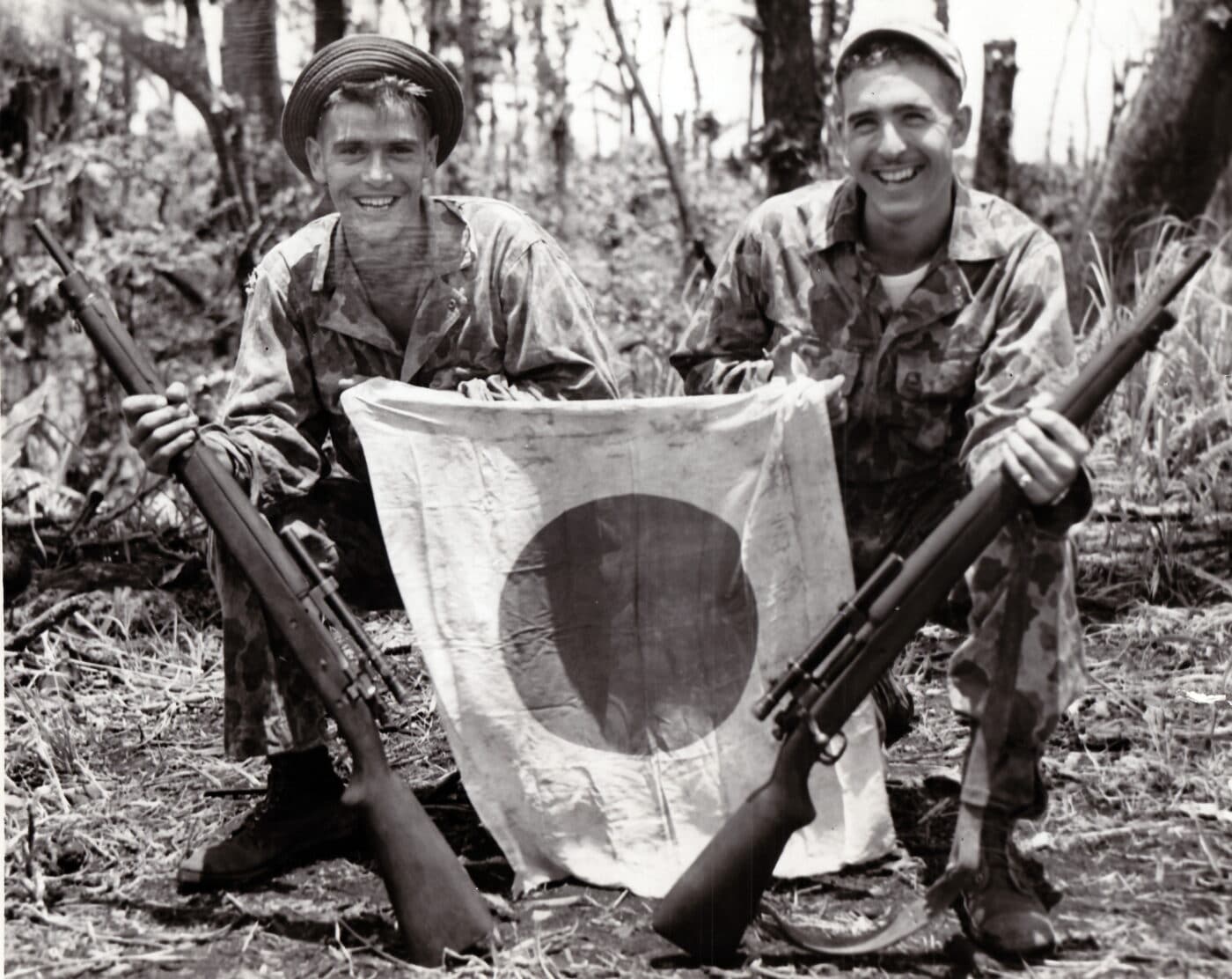
These high school friends joined the U.S. Marines, became snipers and sawaction on Cape Gloucesterin early 1944. Image: NARA
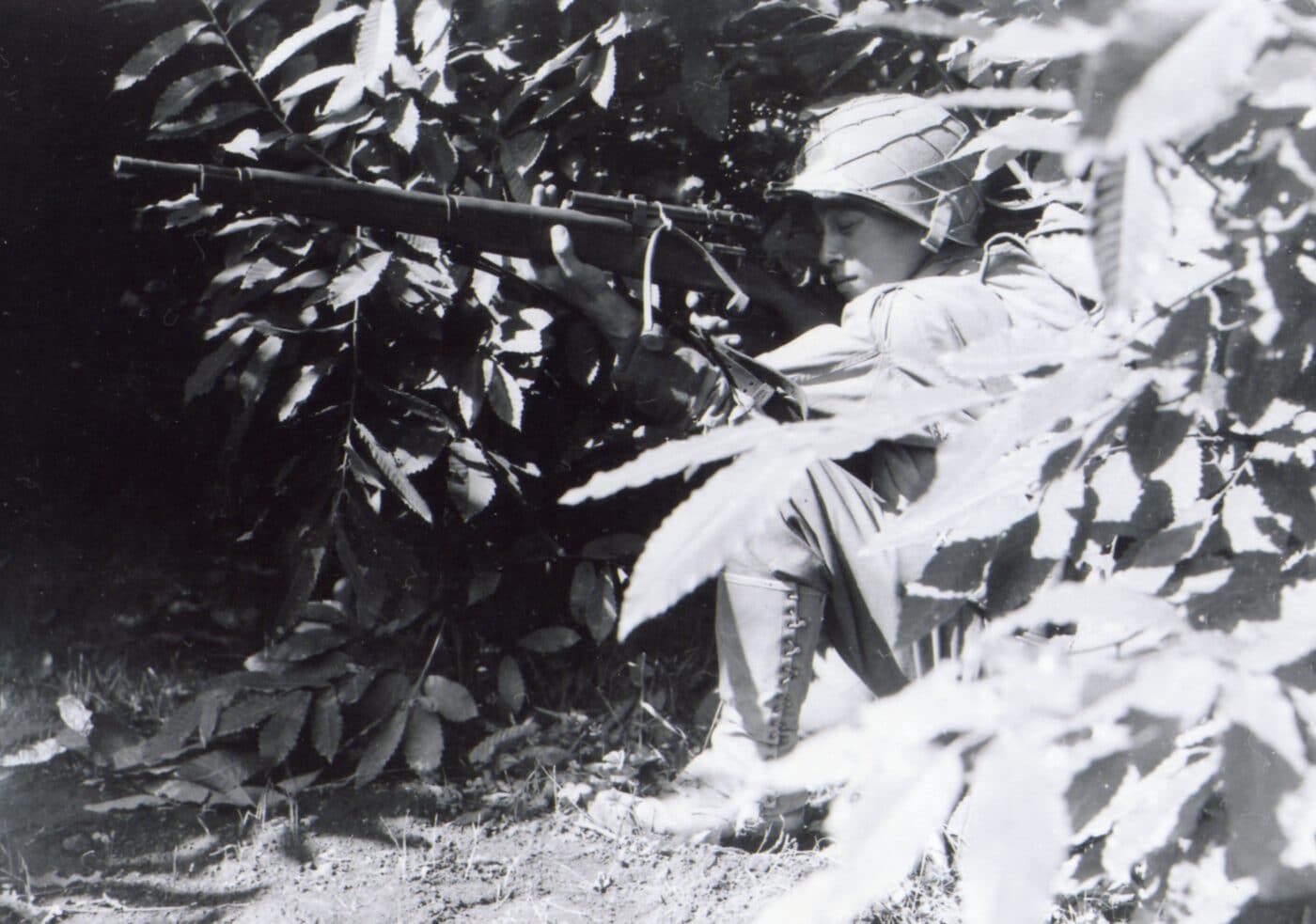
A sniper of the Nisei 442nd Infantry Regiment, in France, late summer 1944. Image: NARA
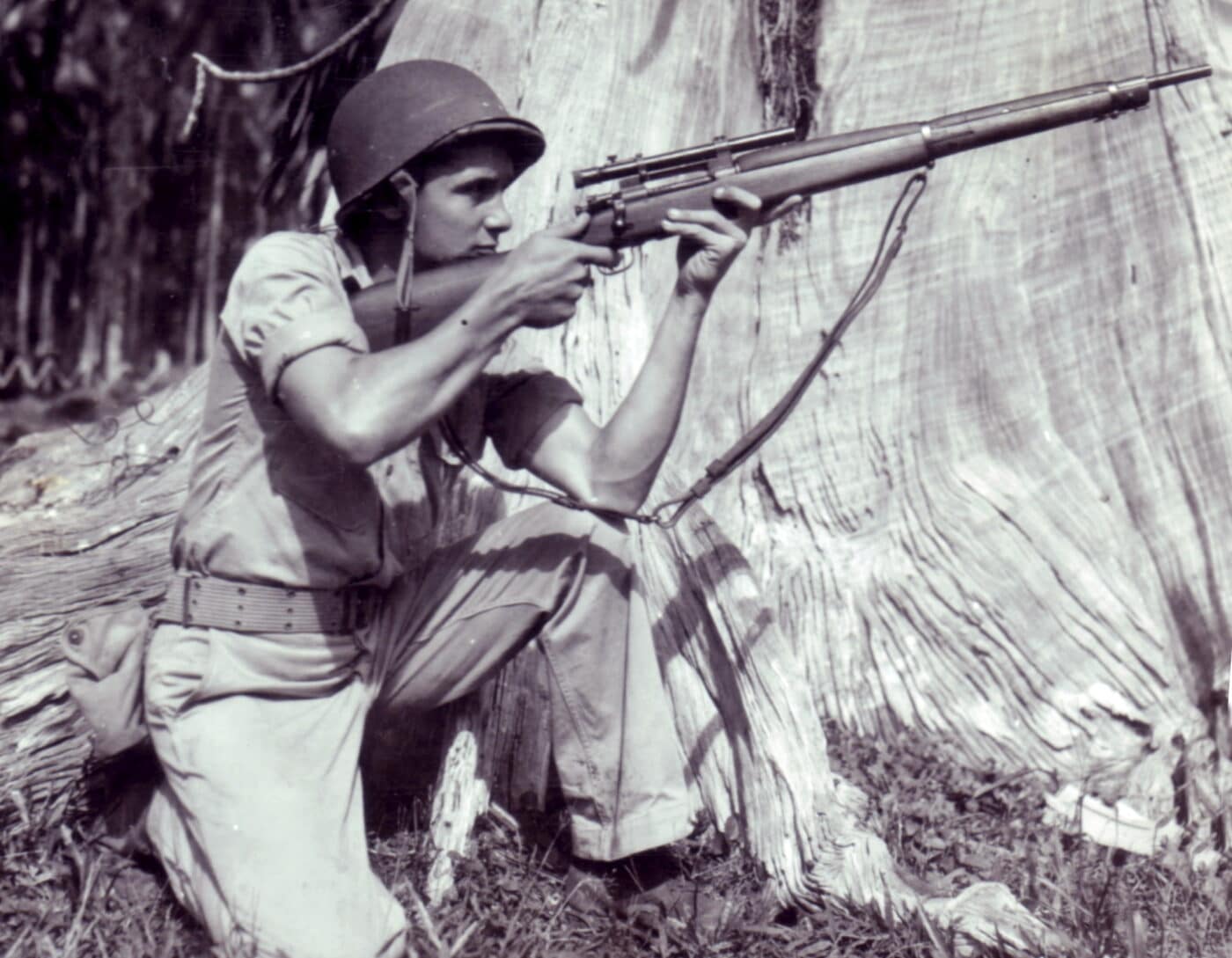
This U.S. Marine poses with the M1903A4 during training exercises on Russell Island in January 1945. Image: NARA
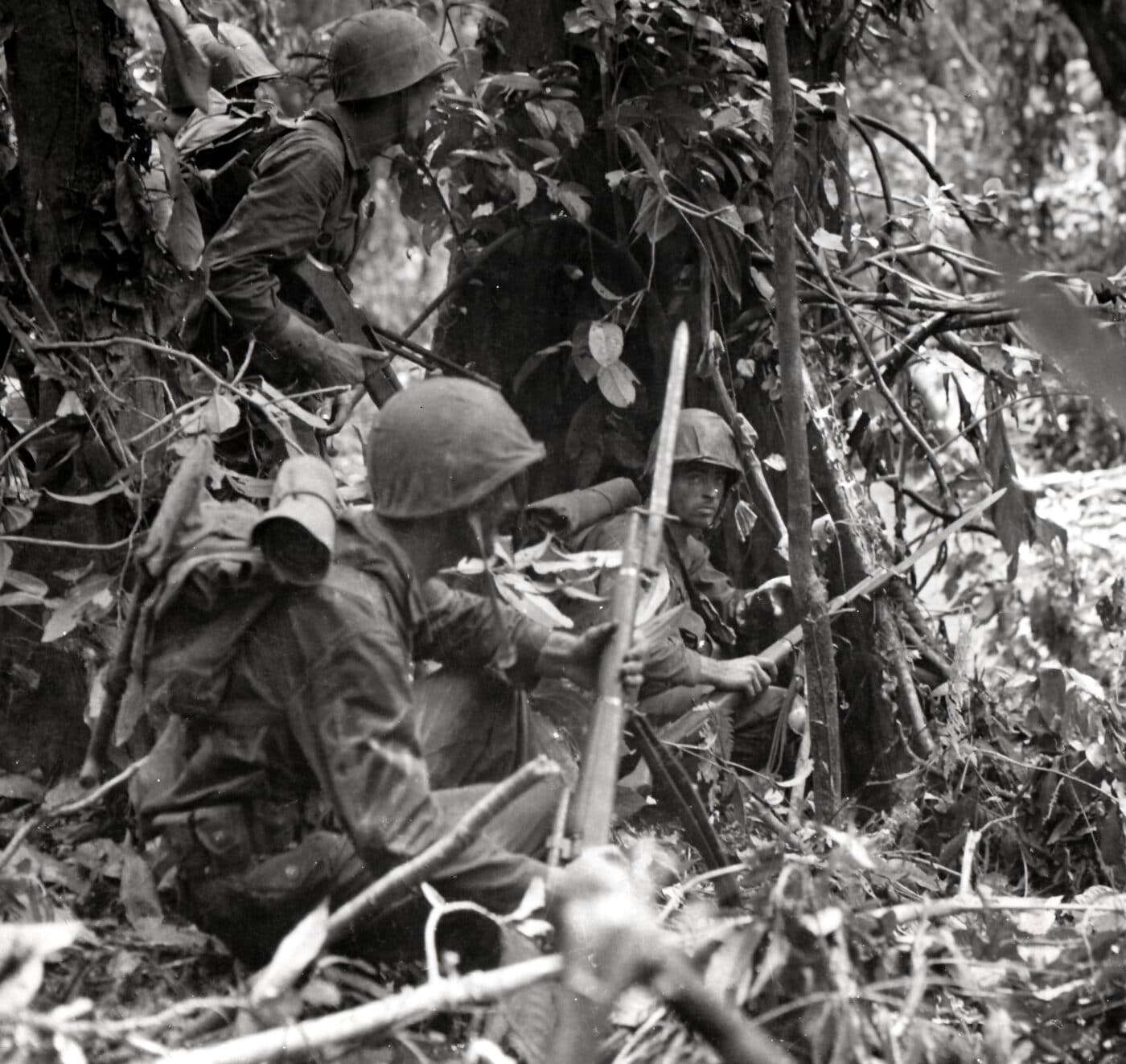
This Marine sniper is also ready for close-quarter action with Japanese troops in the green hell of Cape Gloucester. Image: NARA
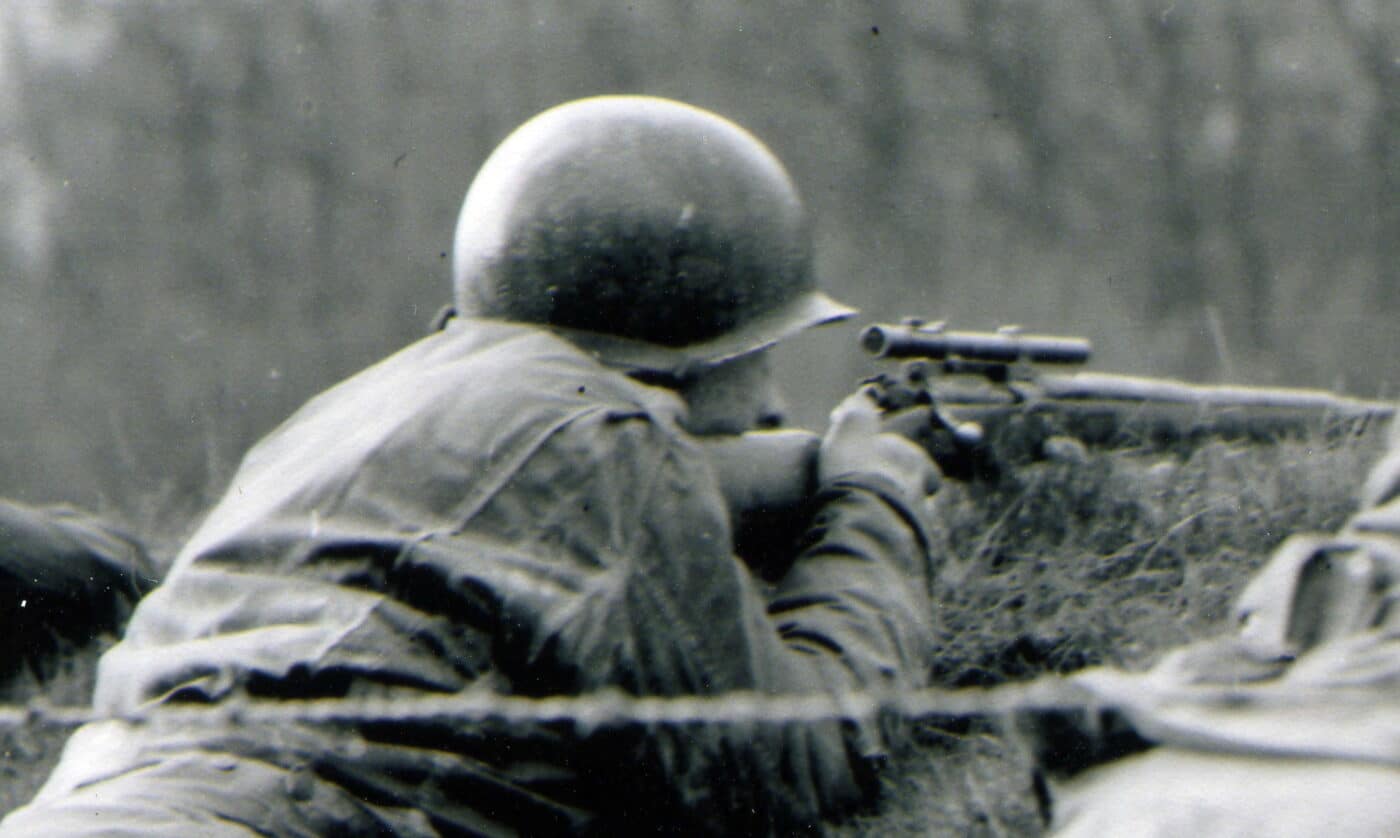
The M1903A4 at work in Northern France during the autumn of 1944. Image: Author’s collection




